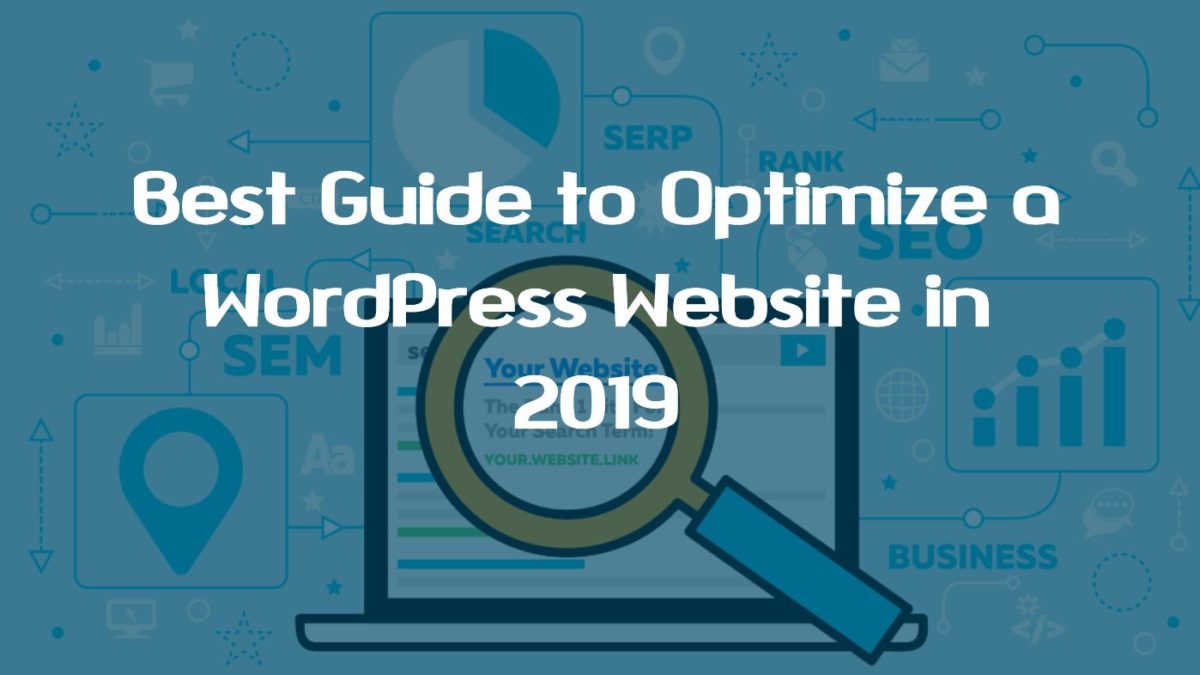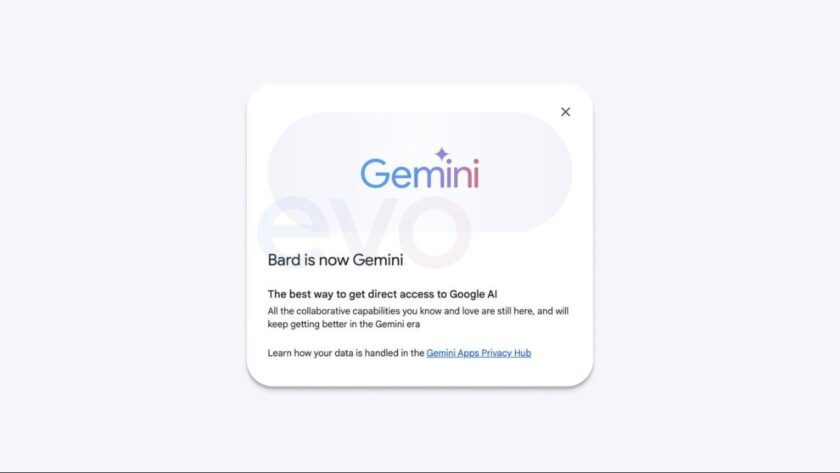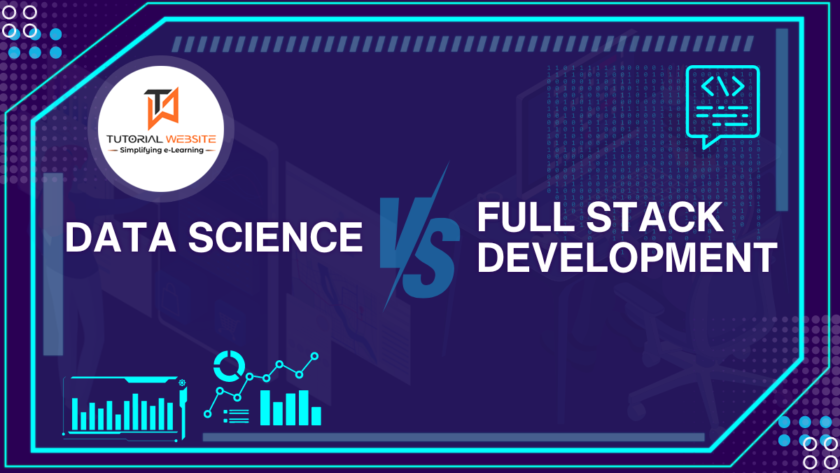WordPress has provided a dynamic tool for a common person to fulfill their dream of launching their own website. It has brought growth to countless bloggers and e-commerce marketers. But if your WordPress website is not optimized correctly, all this loses its charm.
One of the most frequently reported issues with any WordPress website is its loading time, or in other words, speed. If your website conversions are poor, despite getting a good deal of traffic, it is definitely an indication of how slow the loading time of your website is or perhaps there is another issue.
Well, an optimizing website implies that your website is available to get the traffic you need and can still offer excellent speed. This is an issue for the non-technical person to know the web’s complexities and enhance their site’s optimization. But, as there are countless WordPress site optimizing tools accessible to help users, the internet has a solution to every issue.
What should be kept in mind when optimizing WordPress?
1. Choose a Good and Reliable Web Host
Choose the right host for your WordPress website, which offers excellent speed and support. There are a number of factors to consider before plunging into any type of hosting plan, no matter how attractive and cost-effective it may seem. Plus, if you think that the best way to go is shared hosting, think again!
2. Choose a fast WordPress theme
A theme plays a key role in optimizing WordPress!. A well-coded WordPress theme with the correct balance of photos and content will not place excessive loading and will thus fasten your website’s loading time.
3. Optimize your database for WordPress
The next thing on your to-do list to speed up your WordPress website should be to optimize your database. This, however, is also one of the most dreaded and time-consuming tasks of all, particularly when they do it manually. Although MySQL is one of the finest databases on the market, when it comes to effectively cleaning itself regularly, it suffers a major setback.
4. Use a Content Delivery Network (CDN)
Content Delivery Networks are widely used on the internet today to supply customers with the greatest quality content. It does this by replicating the static content from your website, including pictures, CSS, Javascript, etc., and serving it on the closest servers to customers.
5. Enable gZIP Compression
The size of the information transmitted between your server and clients is quite huge, and this is often the reason for your website’s slow results. To rectify this, use gZIP to compress your information files including CSS and JavaScript files is all you need to do. As a result, before transferring it to the browsers, the server will compress the material up to 70% of its initial volume.
This reduces the loading time of the website as it dramatically decreases the size of the content being transmitted. In addition, activating / enabling gZIP compression is extremely easy.
6. Enable Leverage Browser Caching
Caching is nothing more than temporarily storing away information and content, including HTML pages, images, web objects, CSS and JavaScript files, etc. By allowing browser caching, you will be able to temporarily store all the resources already loaded, thereby decreasing the loading time of your site’s various web pages.
7. Use Less Plugins
WordPress has a nice plugin collection, but it doesn’t mean you’re going crazy and installing it all. No, you only have to install required WordPress plugins for your site, otherwise plugins will become an unnecessary burden for you. Because every minute WordPress loads all your plugins.
8. Less scripts
We are living in the pixel age today. Where each fresh advertising solution has a fresh pixel that helps us understand the initiative’s abstractions. But, like plugins, the efficiency of the website is affected by too many pixels.
9. Optimization of images
Your images and media files play a very important role in improving your memory and decreasing your site’s efficiency. That’s why make sure your images are optimized so they don’t take up a lot of space.
10. Opt For Responsive Web Design
Responsive web design offers optimum viewing experience across all mobile devices, including desktops, smartphones, tablets, and so on. It guarantees that the design, text and pictures are redimensioned based on the size of the screen, thereby assisting you to speed up your WordPress website to improve user experience.
Google prefers responsive sites, so you can enhance the search engine ranking of your site by changing to a responsive website.
Conclusion:
Optimization of WordPress is not rocket science. Anyone with WordPress working knowledge can do it. These are just a few tips for optimizing WordPress. We hope you can enjoy using them and don’t forget to share with us the experience.

Pradeep Maurya is the Professional Web Developer & Designer and the Founder of “Tutorials website”. He lives in Delhi and loves to be a self-dependent person. As an owner, he is trying his best to improve this platform day by day. His passion, dedication and quick decision making ability to stand apart from others. He’s an avid blogger and writes on the publications like Dzone, e27.co




